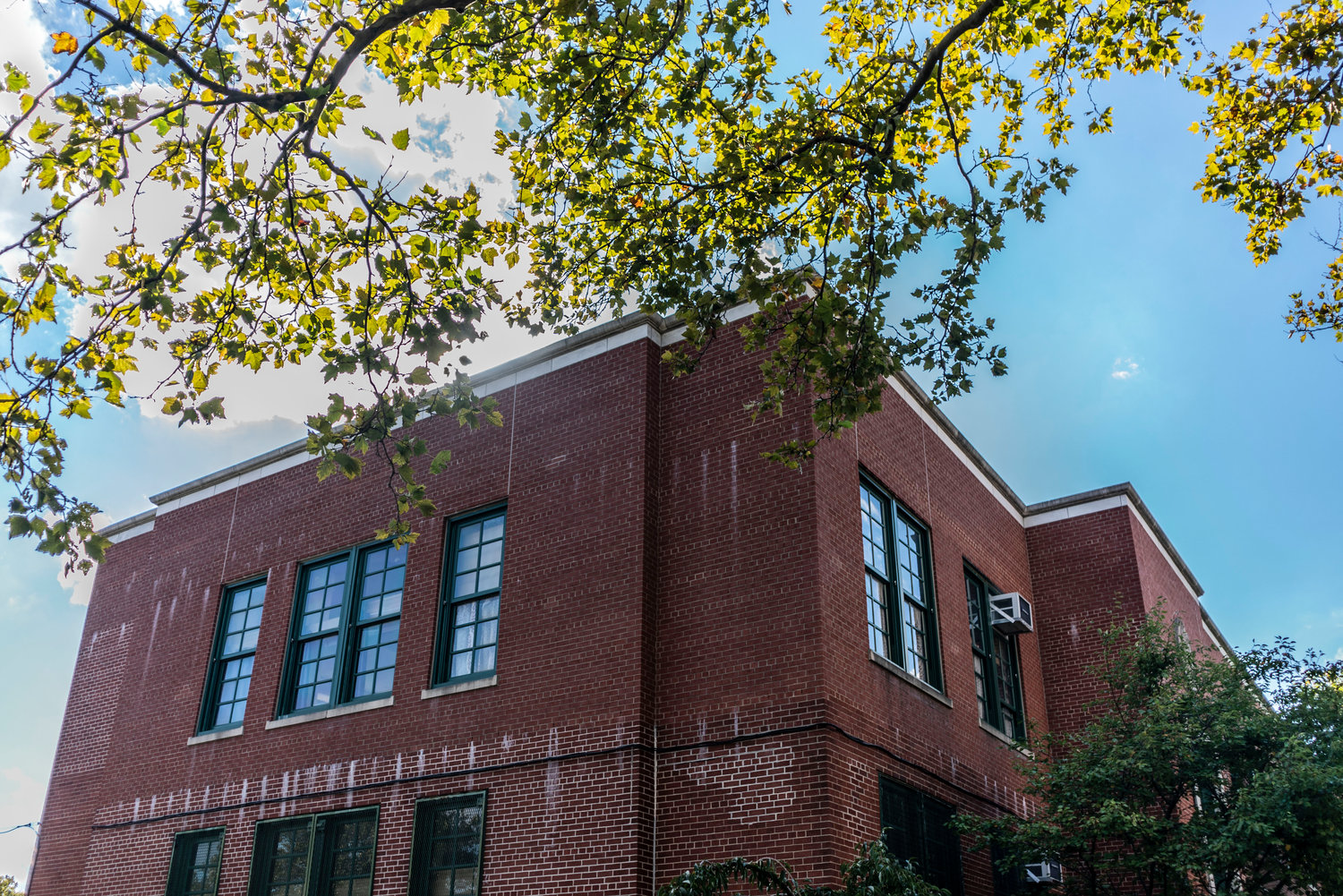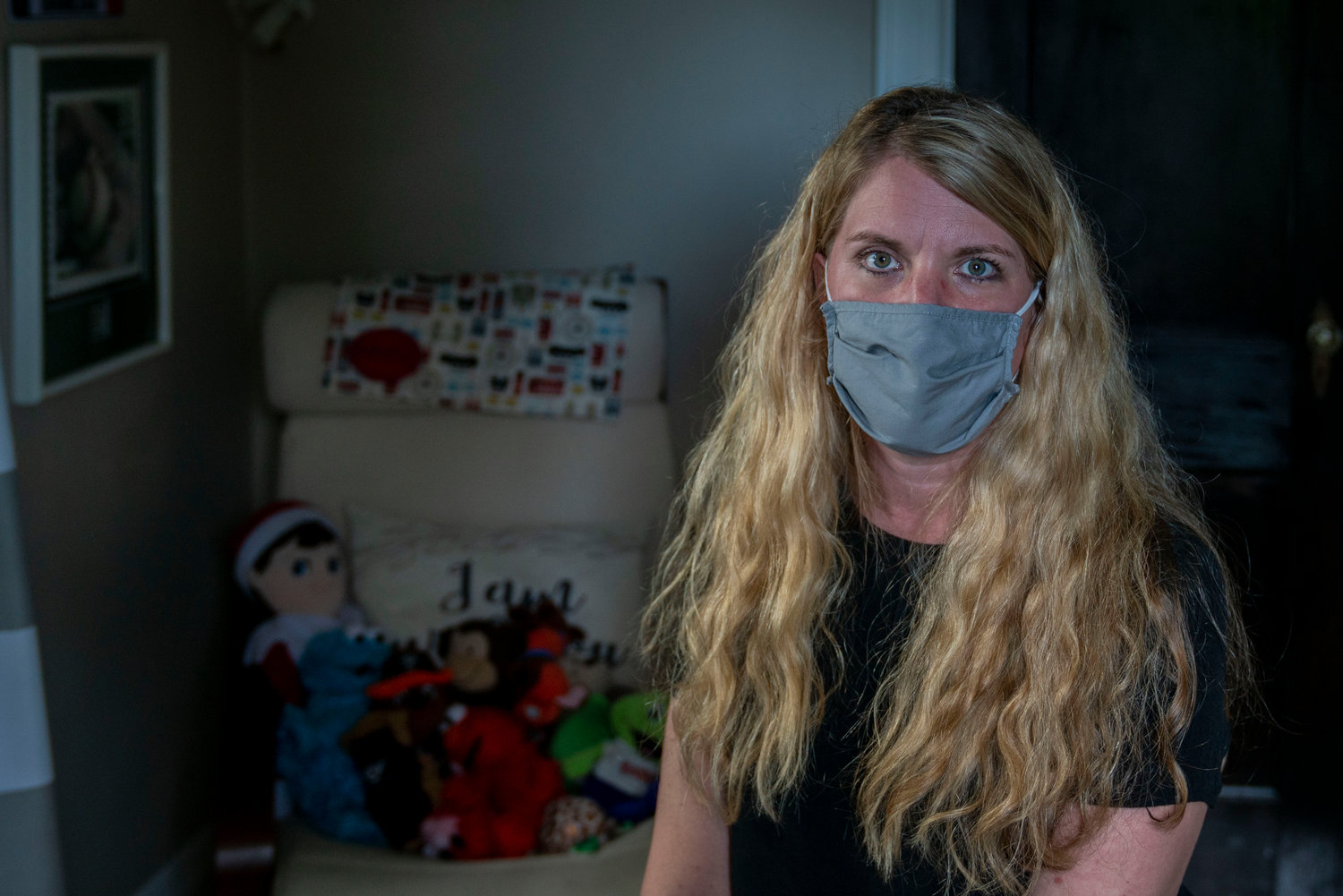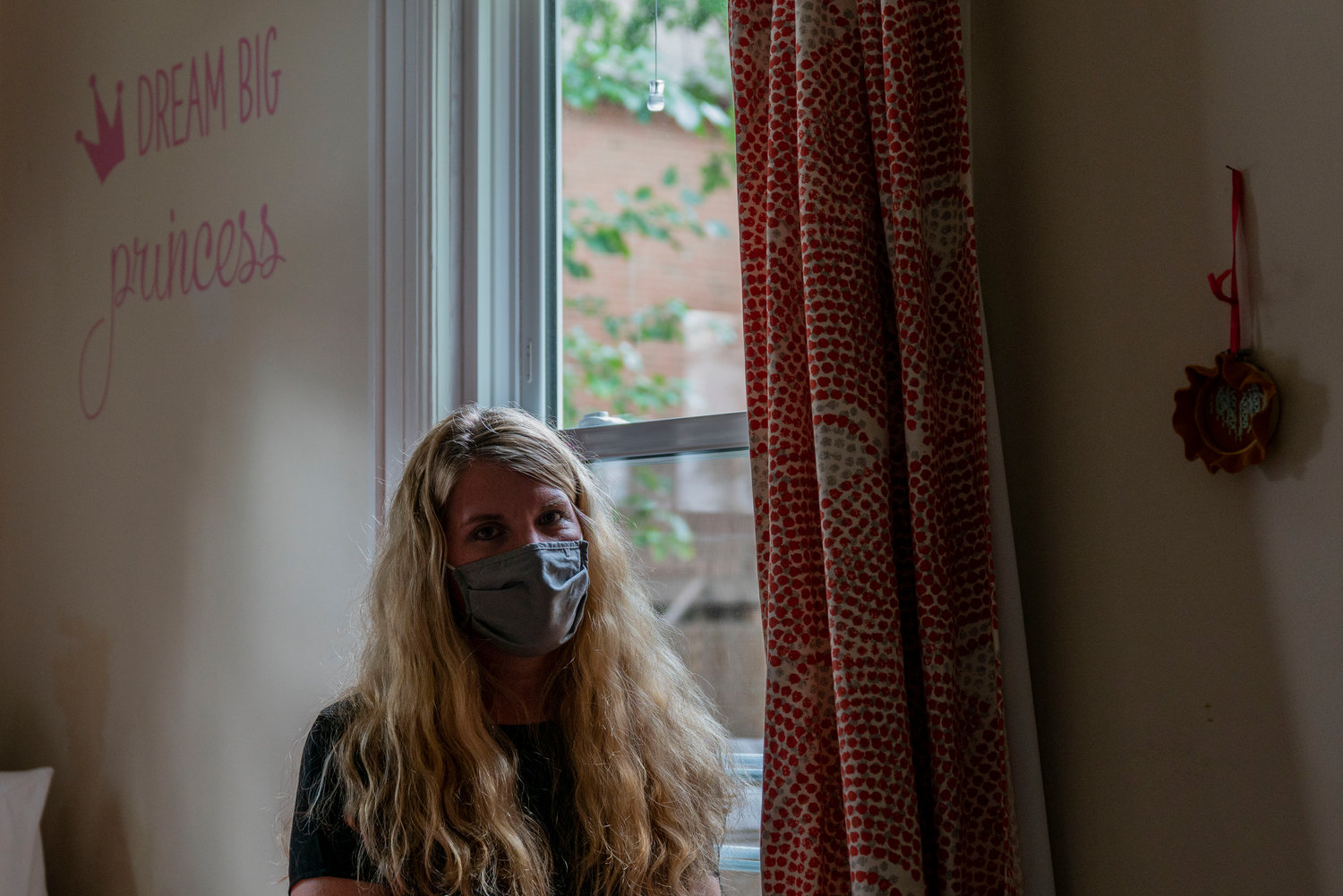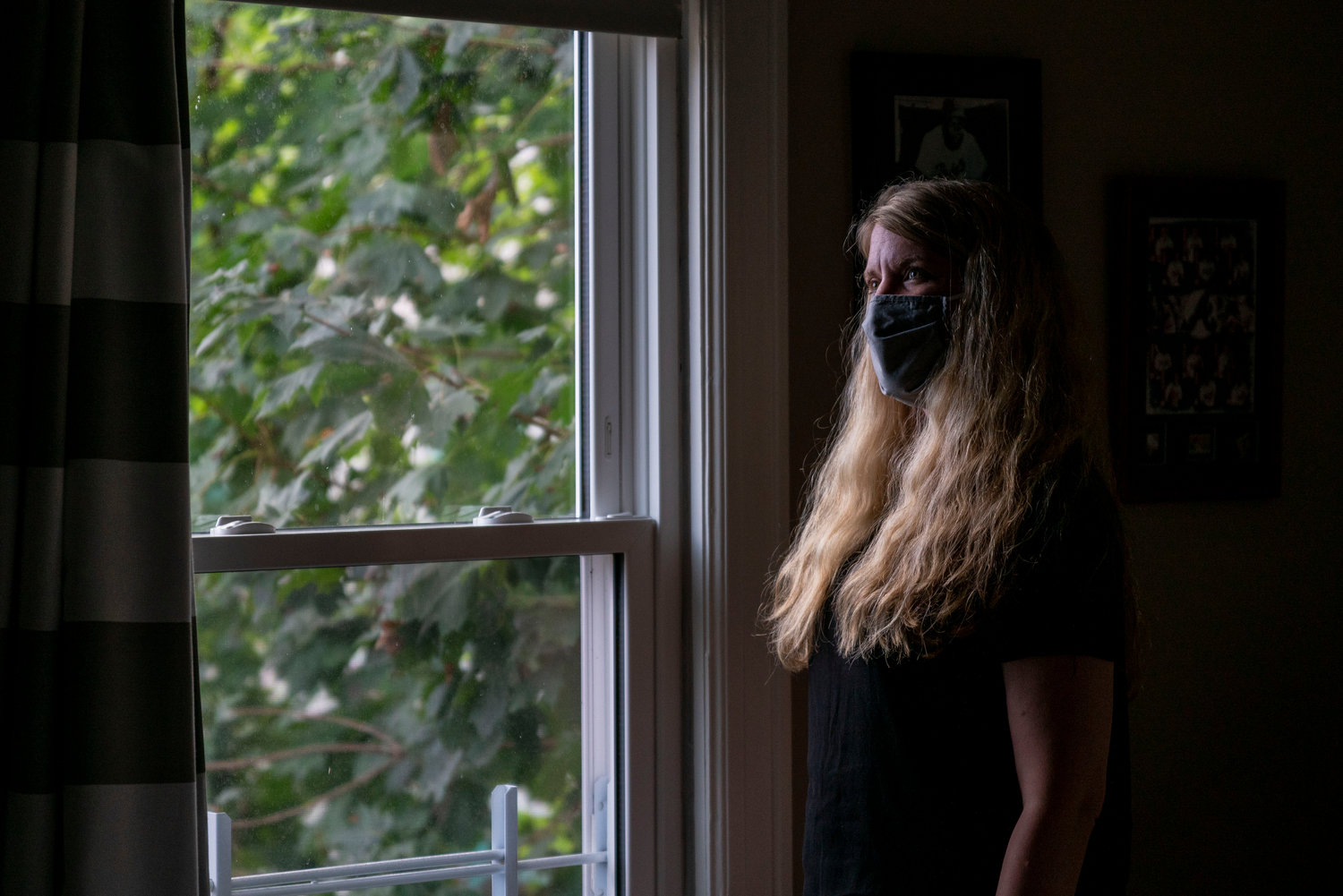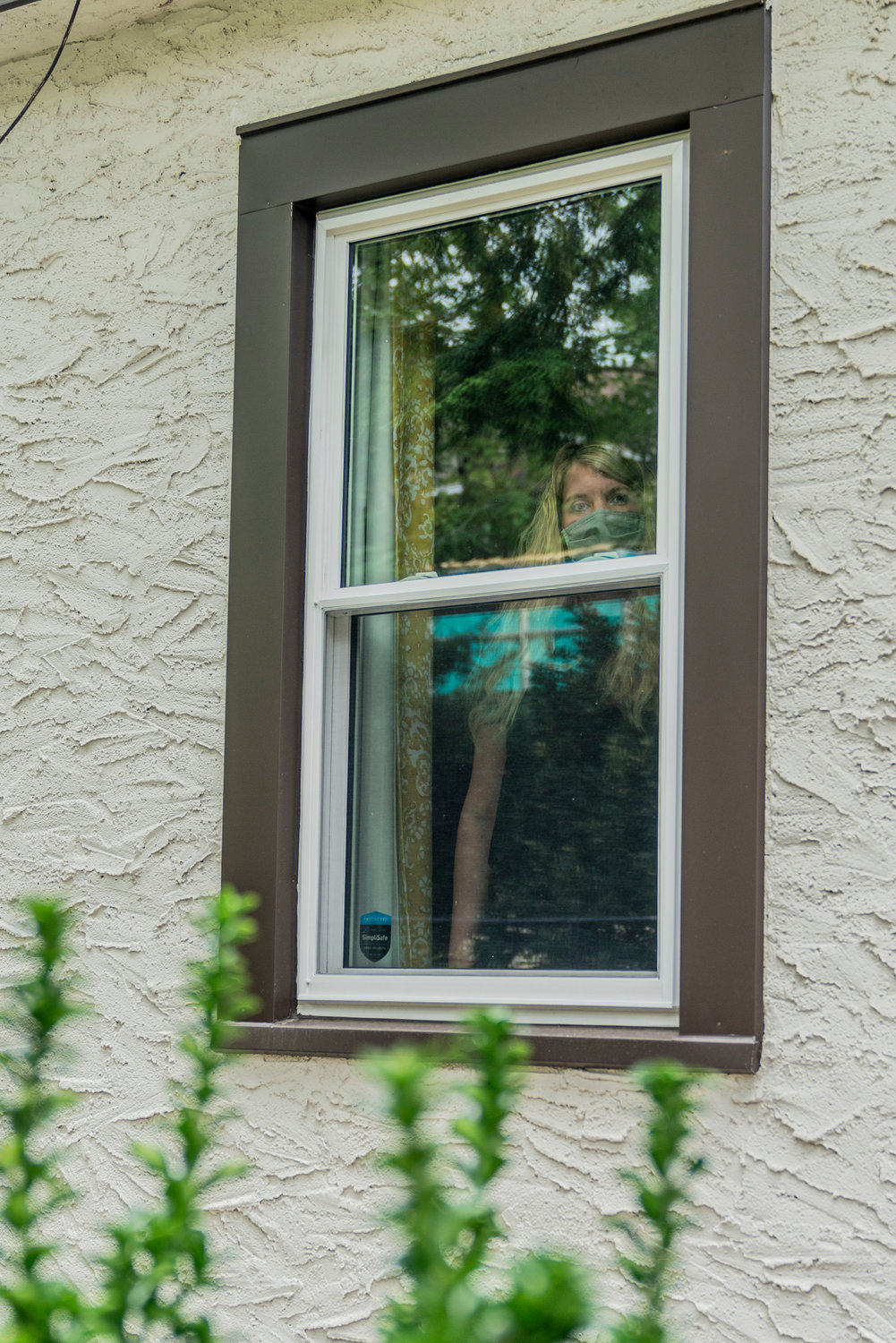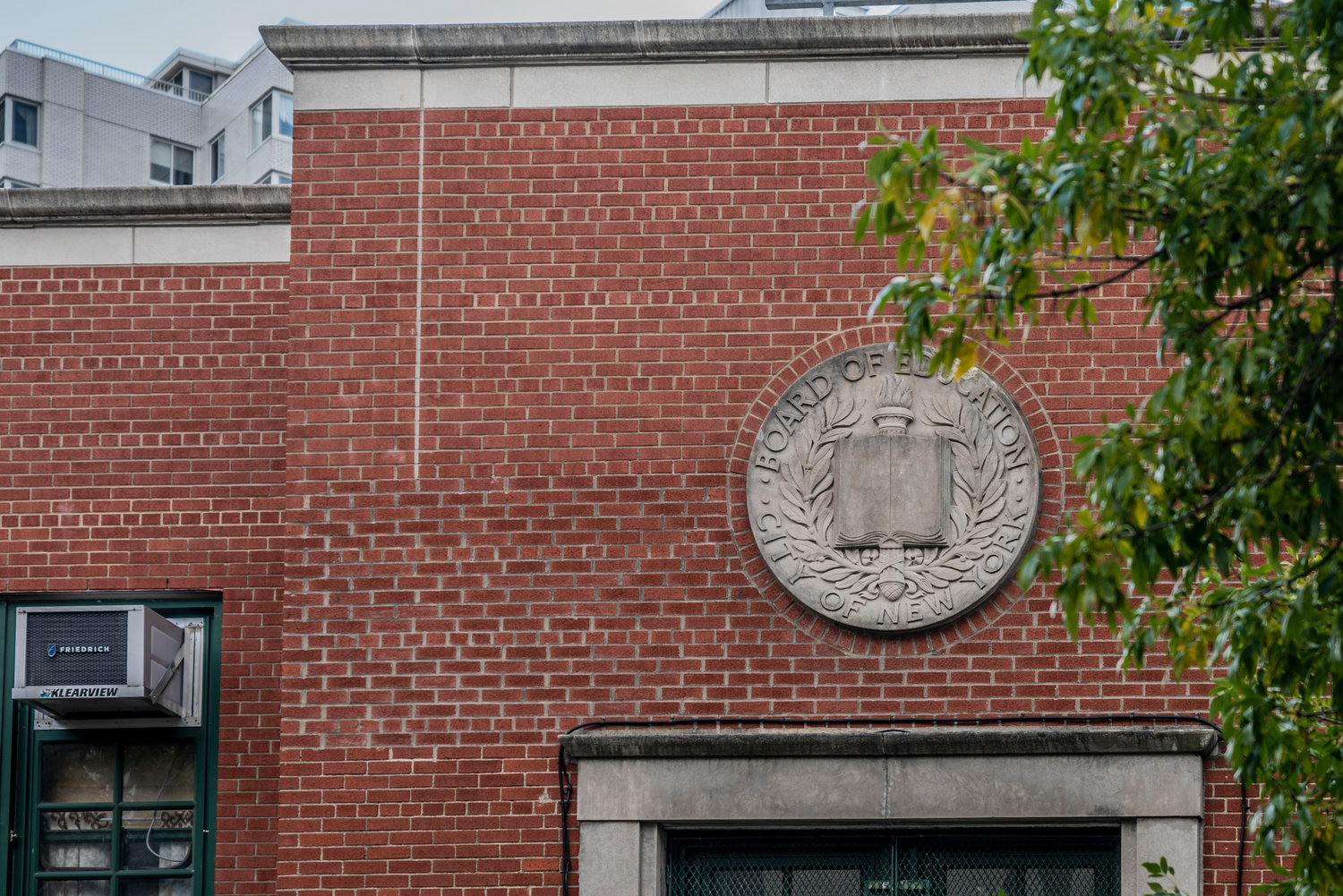Forget COVID-19, youngsters need five days in classroom
It’s near impossible to follow written instructions when you can’t read. And even if you can, it might take a while for you to sound all of the words out.
That’s the obstacle facing young children across the city learning remotely in the wake of the coronavirus pandemic. And while it’s no fault of the schools — many observers say remote instruction is probably the safest option available — the fact remains learning from home can be particularly difficult for certain students of certain ages to navigate.
But parents at P.S. 24 Spuyten Duyvil hope to change that. They’re passing around an online petition asking for in-person classes for kindergarteners, first graders and students with individualized education programs five days a week.
As of Oct. 5, the petition had just under 50 supporters.
The five-day school week wasn’t much of a tall order a year ago. In fact, it was the norm. But the coronavirus pandemic fundamentally altered school as people know it, and now students are lucky if they get to travel to campus three days out of the week.
Gemma James, the mom behind the petition, says it’s not the school falling short when it comes to educating her first grader. In fact, she credits P.S. 24’s administrators for going above and beyond with communication and preparation for what is shaping up to be a unique academic year.
The current academic year is still young, but James experienced enough remote learning last spring to conclude it wasn’t working for her child. While remote learning isn’t an ideal situation for most anyone, James believes it’s especially difficult for young learners — even when a parent is also working with them from home.
“Realistically, for them to be able to log onto Google Classroom, actively listen to what the teacher is saying, and then work independently, they need someone to (sit) with them one-on-one, and someone who’s really paying attention, not someone who’s doing something else,” James said. “They’re too young to be able to do that on their own.”
Older public school students — even those in the upper grades of elementary school — would likely adjust better to learning remotely, James said. And barring any technical difficulties, they could probably navigate an online classroom mostly by themselves.
That’s not necessarily the case for kindergarteners, according to Virginia Avetisian, who parents a kindergartener at P.S. 24. She doesn’t think most kindergarteners have the necessary skills to learn independently, as they require closer supervision — whether it’s from a parent or a teacher. And some parents might not have the resources to support a kindergartener’s at-home learning.
“I do think remote is very difficult for kindergarten,” Avetisian said. “It requires pretty intensive one-on-one monitoring by an adult, which is very difficult for most families to manage. Most parents are working from home, or a lot of families have more than one child. So getting dedicated one-on-one support is probably impossible for most families.”
But every cloud has a silver lining. While parents might not be able to provide the support younger learners need at home, there’s more opportunity for asynchronous learning. Parents are better equipped to provide academic help for younger students, since kindergarteners certainly aren’t learning algebra or Shakespeare.
“We’re lucky our kids are in kindergarten because if they miss some of the content, those are things we can support at home,” Avetisian said. “We can teach them how to hold a pencil. We can teach them how to do math. Those are things we can support.”
But independent learning isn’t the only issue with younger children learning remotely: It’s also child care. Parents with children in middle and high school can usually trust them to stay home alone while many of them work. But younger children depended on school not just to learn, but also as child care during the day.
Parents who were “essential” workers during the pandemic or otherwise can’t work at home need to seek out other child care options as a result. There might be several available — like The Riverdale Y or more informal educational “pods” — but they’re certainly not free.
“The people that I’m talking to are just sending their kids to a neighbor or to a grandparent,” James said. “They’re scrambling their way through it. But you realize your children aren’t going to get through their learning on the days that they’re not in school.”
The city’s education department allows for schools to apply for exceptions to the various hybrid learning models, but the red tape to get such a variance is thick. Schools can only make wholesale changes to the city’s model if it’s otherwise impossible to implement what the school chancellor has put together during the “new normal,” or if the school has “unique programmatic needs.” That new model would need the support of both school personnel and parents.
The school then needs to submit a request to the education department, detailing why the approved models don’t meet the school’s needs, and how its proposed model better meets space and capacity issues, staffing issues, and other educational; needs.
P.S. 24 navigated this exception process once before. It submitted a request for kindergarteners to learn in-person all five days prior to this petition, but it was denied because that application didn’t include students with disabilities.
But now the petition includes those students, and it’s since added first graders to the list.
Still, the chances of such a plan winning approval could still be slim. Yet for James, the families the petition targets shouldn’t just throw their hands up and give up.
“It’s not OK just to say, ‘This is how it is,’” James said. “We need to come together as a community and deal with this issue. Otherwise, the whole group of learners are going to be left behind.”

